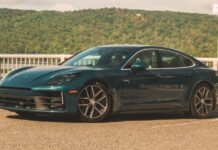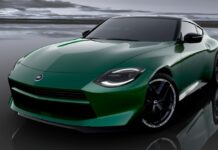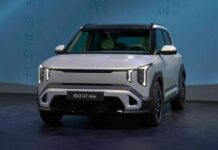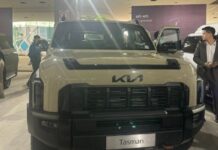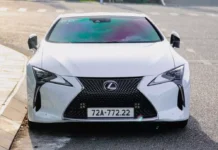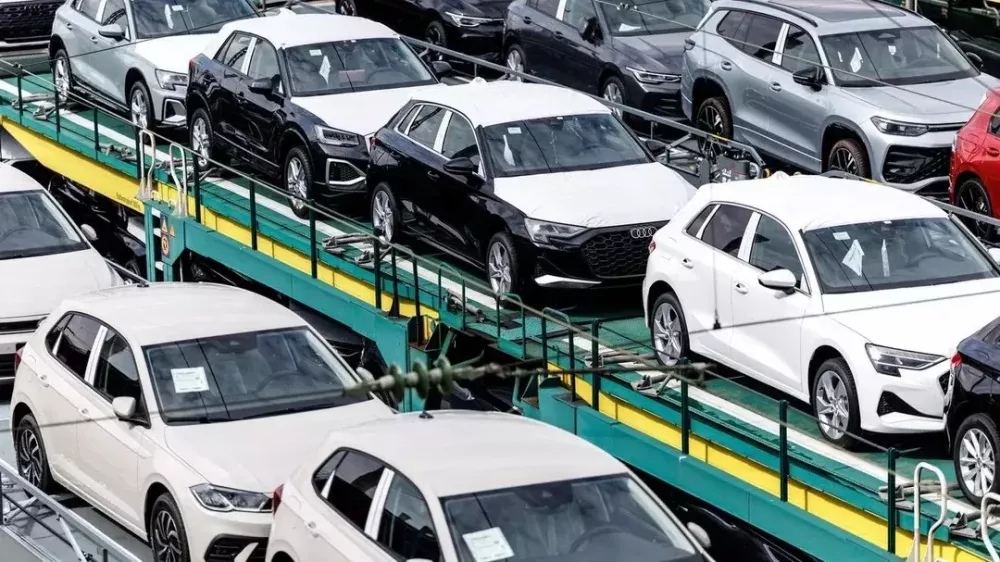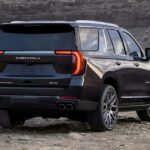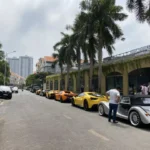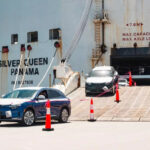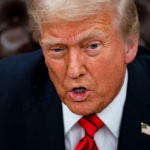As the second-largest automotive group in the world, Volkswagen boasts an impressive portfolio of well-known brands such as Audi, Porsche, Bentley, Skoda, Lamborghini, and Cupra. In a notice to Audi dealers in the US, the company announced that it has withheld all imported vehicles arriving at US ports after April 2, 2025, from being released to the market. A Volkswagen spokesperson stated that the brand currently has approximately 37,000 vehicles in stock in the US, enough to sustain sales for about two months.
Audi is directly impacted by Trump’s import tariffs as the Q5, their best-selling model in the US, is manufactured in Mexico. Meanwhile, the rest of Audi’s US lineup is imported from Europe or other regions.
This move comes after British carmaker Jaguar Land Rover also halted exports to the US due to the new 25% import tariffs imposed by the Trump administration last week. The company stated that they would temporarily pause to assess options to mitigate the cost impact of the new tariffs.
It is understood that British sports car maker Lotus has informed customers that “no more Emira batches will be shipped to the US at this time.” Nissan has also stopped taking orders for its luxury SUV brand Infiniti’s models produced in Mexico. Stellantis, the parent company of Jeep and Dodge, has temporarily halted production at a plant in Canada near the US border.
Meanwhile, at the launch of the new Ford Ranger Super Duty, Ford’s chairman, Bill Ford, stated that the company’s extensive presence in the US is a “huge advantage,” despite some models being produced overseas. “First of all, we are the largest producer in the US among all carmakers. That puts us in a much better position than our competitors,” he said. “In our 122 years, we have weathered all kinds of political and economic upheavals globally, from recessions to crises, and always come out stronger.”
In the supercar market, Lamborghini recorded its highest-ever sales in 2024 but acknowledged that Trump’s new import tariffs would negatively impact 2025. CEO Stephan Winkelmann stated that Lamborghini is considering various scenarios to counter the potential loss of sales and profits due to the trade war.
“I would be very happy if there were an exemption, but this will certainly affect our strategy,” he told Australian media. “We will respond to this policy in the coming days.”
The new US tariffs are causing uncertainty in the already shrinking luxury car market, particularly for brands like Lamborghini, for whom the US is currently the biggest market.
Lamborghini reported a 16% increase in revenue to 3.09 billion Euros in 2024, with operating profits up 15.5% to 835 million Euros. They sold a record number of cars globally, totaling 10,687 units, with approximately 3,000 of those sold in the US.
Given the situation, Winkelmann believes that finding a balance in passing on the tax costs to customers without losing profitability is the way forward. “There is a maximum limit to passing on the tax to the buyer, beyond which the profit margin is lost. We need to observe the reaction of our competitors and American customers. There will be a risk to sales,” he shared with the Spanish newspaper La Vanguardia.
According to data from Cox Automotive, US carmakers currently have an average inventory of vehicles sufficient to last for nearly three months, giving them some breathing room to formulate long-term strategies to counter the impact of the new tax policy.
The Ultimate Supercar Collection: A Glimpse into Vietnam’s Elite Circle
A group of supercar enthusiasts in Ho Chi Minh City gathered in a luxurious urban district in District 7 with their prized possessions. The assembly featured an array of prestigious marques, including the likes of Lamborghini, Ferrari, and McLaren. The event was a showcase of automotive excellence, with these exquisite machines taking center stage.

